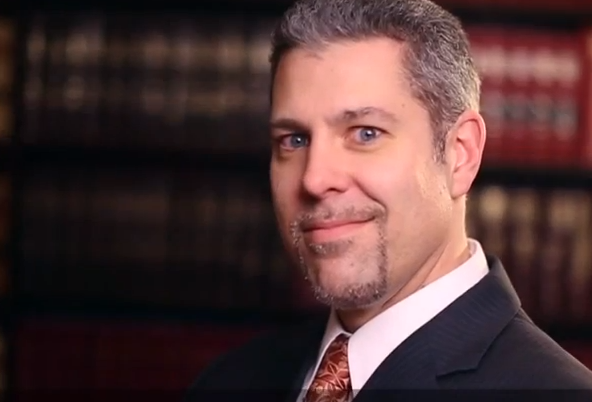Marijuana has been in the news quite a bit over the past few years, as more and more states raise the question of whether the drug should be legalized for medicinal and recreational uses. While some states have embraced the drug by making it legal for purchase and use for anyone over the age of 21, others have been stricter on how the drug is distributed and who can have access to it.
As legal marijuana use continues to grow across the country, state and federal legislators have had to implement changes to laws and policies to keep up with the effects of the drug and its use. How do you handle drivers who have smoked marijuana and then get behind the wheel? What do you do about underage drug use? How do you control who’s buying, who’s selling and the quality of the product being distributed? And how do you protect attorneys and law firms that represent marijuana users?
Earlier this year, the New Jersey Supreme Court began to consider a rule change that would provide protection to lawyers who represent marijuana growers in court. Although growing marijuana is a violation of federal law, the attorneys who represent growers can also face sanctions, fines and possibly charges of their own (depending on the nature of the case) for helping their clients “break the law.”
However, in a notice submitted in May, the Advisory Committee on Professional Conduct (ACPC) proposed a change to RPC 1.2 to eliminate this concern for attorneys and law firms, after an unidentified attorney sought permission from the ACPC to represent a client who grows marijuana in partnership with the New Jersey Compassionate Use Medical Marijuana Act.
Medicinal Marijuana Use
In 2010, Gov. Jon Corzine approved legislation intended to legalize marijuana for medicinal purposes in the state. This legislation allows businesses to grow marijuana for medical purposes with a specific license and sales are restricted to licensed dispensaries. Although New Jersey law allows these growers to operate, it is still against federal law to grow or possess marijuana. Technically, this puts lawyers who represent these growers in a tough spot. Are their clients breaking the law? Are the lawyers themselves breaking the law?
RPC 1.29 (d) states that “a lawyer shall not counsel or assist a client in conduct that the lawyer knows is illegal, criminal, or fraudulent…but a lawyer may counsel or assist a client in a good faith effort to determine the validity, scope, meaning, or application of the law.” If the proposed changes are made, the statute would then read that “a lawyer may counsel a client regarding New Jersey’s marijuana laws and assist the client to engage in conduct that the lawyer reasonably believes is authorized by those laws. The lawyer shall also advise the client regarding related federal law and policy.”
This amendment would protect attorneys from being charged or censured for representing marijuana growers who are legal under state laws but not necessarily federal laws. If you have questions regarding marijuana growing, licenses and state or federal statutes, contact Scott Gorman, a Morristown DWI attorney with The Gorman Law Firm today.
Published in Categories: DUI / DWI


